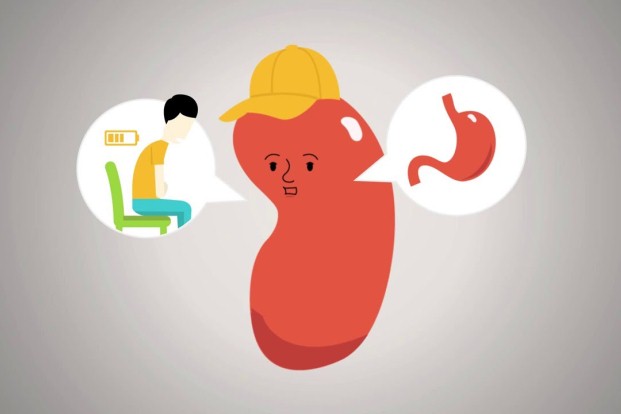Complications That A Stroke Can Cause
Apr 19, 2022
A stroke is known as a medical emergency for some vital reason. It can have life-threatening results. Our brain controls major functions of our life. With no flow of blood, our brain cannot manage blood pressure, breathing and a lot more. Complications vary as per the type of stroke and if an individual is able to receive treatment successfully. Examples of the complications are:
Changes in behavior– Suffering from a stroke can lead to anxiety or depression. We may also experience changes in our behavior, like being more withdrawn or more impulsive from being social with other people.
Speech difficulties– Stroke can have an impact the parts of our brain having to do with swallowing and speech. Consequently, we may have difficulties writing, reading or comprehending others when they talk.
Pain or Numbness– Stroke can lead to numbness & reduced sensation at different parts of our body. This could be painful. Sometimes an injury to brain could also have an impact on our ability of sensing temperature. This condition is referred to as central stroke pain & could be difficult for treating.
Paralysis– Due to the way our brain works for directing movements, stroke at the right part of our brain could have an impact on the movement on left part of our body and vice-versa. People who experienced stroke may be unable to use their facial muscles or be unable to move their arm.
We may be able to regain our lost motor function, swallowing or speech abilities post a stroke with help of rehabilitation. But these could take time to regain.

What is outlook of every stroke type?
An estimated 1/3rd people that suffer from a TIA or transient Ischemic Attack would go on to suffer from a full blown ischemic stroke within 1 year. Seeking treatment lowers the possibilities of this happening.
I fna individual experienced a stroke, they are at a high risk of experiencing another. It is estimated that 1/4th of people who experienced astroke earlier would have another one within 5 years.
We should consult a doctor about the options we can adopt to reduce our individual risk for a stroke.








